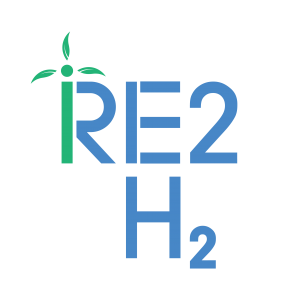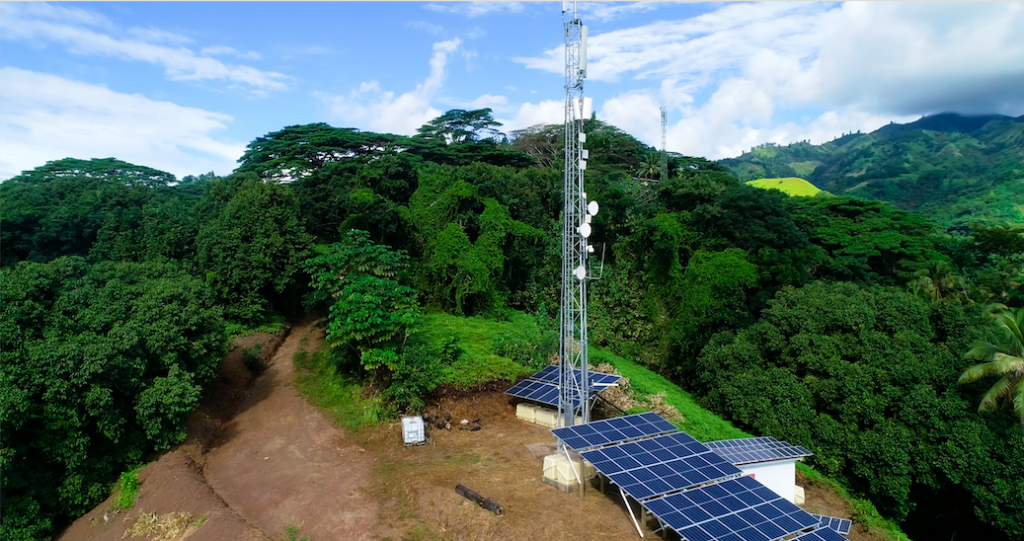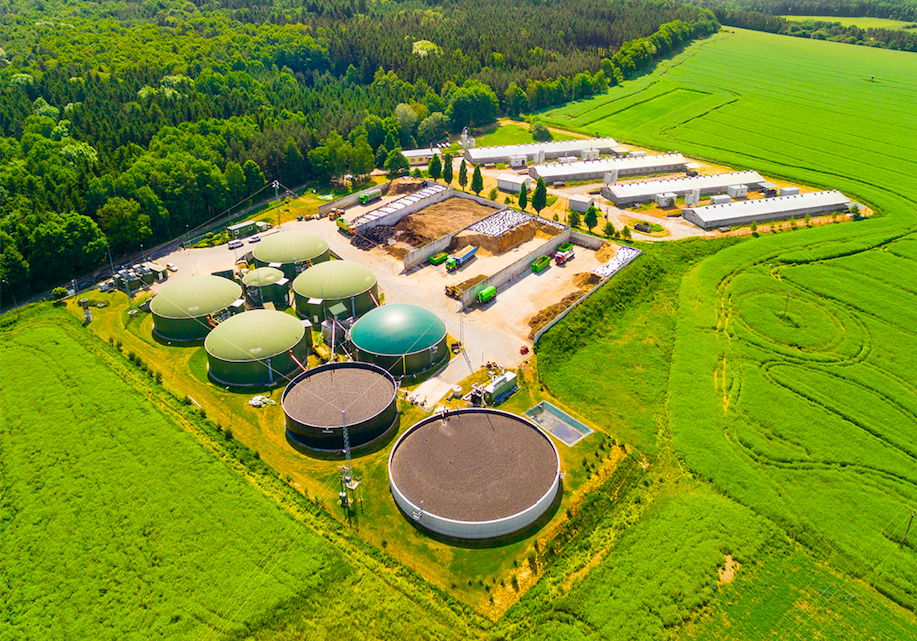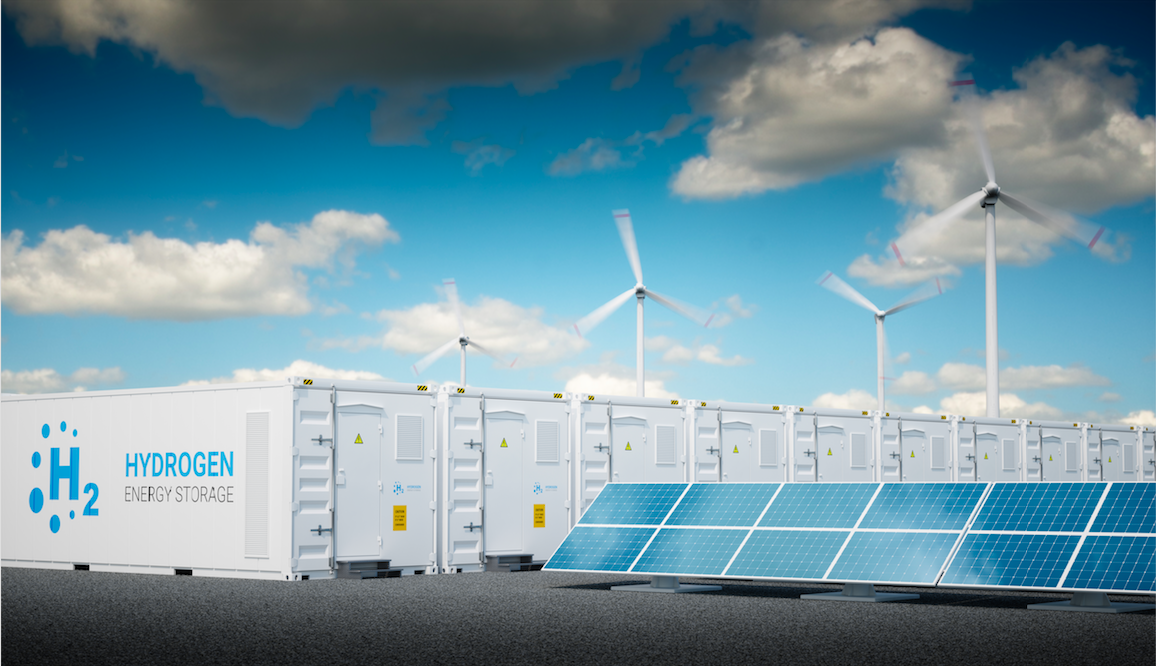Going Green with RE2H2 through Hydrogen and Renewable Energy Systems
Did you know that hydrogen is the most abundant element on the planet?
As the world grapples with the rising threat of climate change, the solution to a sustainable future may rest in using renewable energy to unlock the potential of the world’s most plentiful element.
Yesterday’s way of doing things – burning away our planet’s resources while releasing climate-damaging pollution – has brought the world to a crossroads. We need to chart a new path forward.
RE2H2 was born from the vision that hydrogen can be the critical link in transforming our global energy systems in a clean and sustainable way. By going green with hydrogen and renewable energy, we can replace yesterday’s polluting energy infrastructure with sustainable systems that can produce, store, and use clean energy that touches all facets of modern life.
From electricity generation to transportation fuel to feedstock for agriculture and heavy industry, hydrogen can be the cornerstone for a modern clean energy economy and a sustainable future.
 Who is RE2H2?
Who is RE2H2?
RE2H2 is a project development company that develops clean energy systems based on hydrogen and renewables. Since 2017, they have been actively engaged in developing projects across South Asia and ASEAN regions, with a focus on the telecommunications, transportation, and agrochemicals industries.
As a project developer, RE2H2 engages in all aspects of project design, development, financing, and installation of energy systems. Their projects combine renewable energy (solar, wind, waste-to-energy) with hydrogen generation, storage, and fuel cells in an integrated clean energy system that serves a broad spectrum of commercial applications.
RE2H2’s clean energy systems offer distinct advantages over the existing energy infrastructure used in many of today’s industries. Their systems are designed to provide low-carbon, reliable, and cost-effective solutions that can seamlessly replace aging fossil fuel-based infrastructure that are polluting and expensive to maintain.
 Why Hydrogen?
Why Hydrogen?
Hydrogen offers unique advantages that can be a game-changer for achieving a sustainable future.
As the world seeks to decarbonize, producing energy from zero-carbon renewable sources is needed to replace fossil fuels. But renewable energy can be intermittent by nature, making it a challenge to match energy supply with demand. After all, how do you use solar energy once the sun has set?
Energy storage is therefore vital for ensuring that we can use clean energy when we need it.
By converting renewable energy into hydrogen, the clean energy is stored as hydrogen fuel that can be used when needed, with no carbon emissions at the point of use. The power of renewable energy is unlocked in “green” hydrogen, which becomes a highly versatile zero-carbon energy carrier and energy storage medium. Hydrogen is a natural complement to renewable energy.
Hydrogen is among the lightest elements in nature, giving it a unique advantage for high-volume energy storage over long durations and as a heavy-duty transportation fuel over long-haul trips. Such applications are use-cases where other popular energy storage technologies, such as batteries, may fall short due to scaling, weight, or recharging considerations.
Hydrogen is also used as a feedstock in industrial applications such as fertilizer production and steelmaking. Green hydrogen, produced from renewable sources, enables the “greening” of these sectors that would be otherwise difficult to decarbonize.

RE2H2: Bringing Sustainable Energy to Islands, Archipelagos, and Remote Communities

The urgent need for climate action has become even more imperative for islands and archipelagos as rapidly rising sea levels and extreme weather events pose an existential risk to island communities.
Islands and archipelagos who have limited access to reliable centralized electricity grids and backup are especially at risk to extreme weather events and natural disasters. Many also lack local natural resources and therefore import most of their energy. This makes them vulnerable to fuel supply disruptions caused by global crises, such as the COVID-19 pandemic.
RE2H2 seeks to help island nations and archipelagos address this issue with infrastructure solutions that promote resiliency and energy independence. RE2H2’s systems allow islands to use domestic renewable energy resources to produce, store and use hydrogen fuel onsite. Their solutions are implemented locally, ranging from power systems for critical communications infrastructure, fueling for fuel cell electric vehicles and marine vessels, and as a green feedstock for agrochemicals production.
RE2H2’s solutions offer an environmentally friendly alternative to diesel-based infrastructure that is unreliable and costly. Hydrogen fuel produced locally can help island nations promote resiliency and energy independence by offsetting reliance on carbon-intensive and expensive imported diesel fuel.
These island applications, among others, give hydrogen a pivotal role in transforming the world’s fossil fuel-based energy system into a sustainable, low carbon renewable energy system. RE2H2 believes that hydrogen, when deployed at scale, can be a true difference-maker in achieving a sustainable future for generations to come.


Hydrogen Economy-Driven Management Team
RE2H2’s management team is led by Sanjeeva Senanayake as President & Managing Partner, Jeffrey Tu as Senior Vice President & Partner, and Pasad Kulatunga as Executive Director & Partner. The management team has decades of experience in project development, project finance and investment, and hydrogen and renewable energy industry expertise. Together, they have a broad vision and passion for the progress of the hydrogen economy, and the positive impact it can have in achieving global decarbonization and sustainability goals.
To learn more, please visit them at www.re2h2.com





